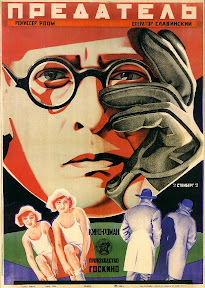"There is no document of civilization which is not at the same time a document of barbarism."
--> Benjamin is here talking about historicism, which translates today's world in relation to its past (history). Thus, it always ends up siding with the victor. We study Ancient Greece and later the Roman and English Empires because that is where historicism locates our present moment: those victors are responsible for our civilization today. To historicism, these victors require respect.
Historical Materialism on the other hand situates the present day in relation to economic and technological events. I've heard the term before in Marxisms.
Historical Materialism presents a unique experience with the past.
"History is the subject of a structure whose site is not a homogeneous, empty time, but time filled by the presence of the now." (The now being a mystical now, an ever-presentness perhaps(?))
Further: "Thus, to Robespierre ancient Rome was a past charged with the time of the now which he blasted out of the continuum of history. The French Revolution viewed itself as Rome reincarnate"
The Historical Materialist may 'blast' his way into history, thus affecting the era and thus the entire course of history? Benjamin's take is a Historical Materialism which accounts for the movement of thoughts and stops them at various points in order to achieve a singularity (translators word: monad). Better put:
"Materialistic historiography, on the other hand, is based on a constructive principle. Thinking involves not only the flow of thoughts, but their arrest as well. Where thinking suddenly stops in a configuration pregnant with tensions, it gives that configuration a shock, by which it crystallizes into a monad. A historical materialist approaches a historical subject only where he encounters it as a monad."
Subscribe to:
Post Comments (Atom)


No comments:
Post a Comment